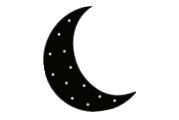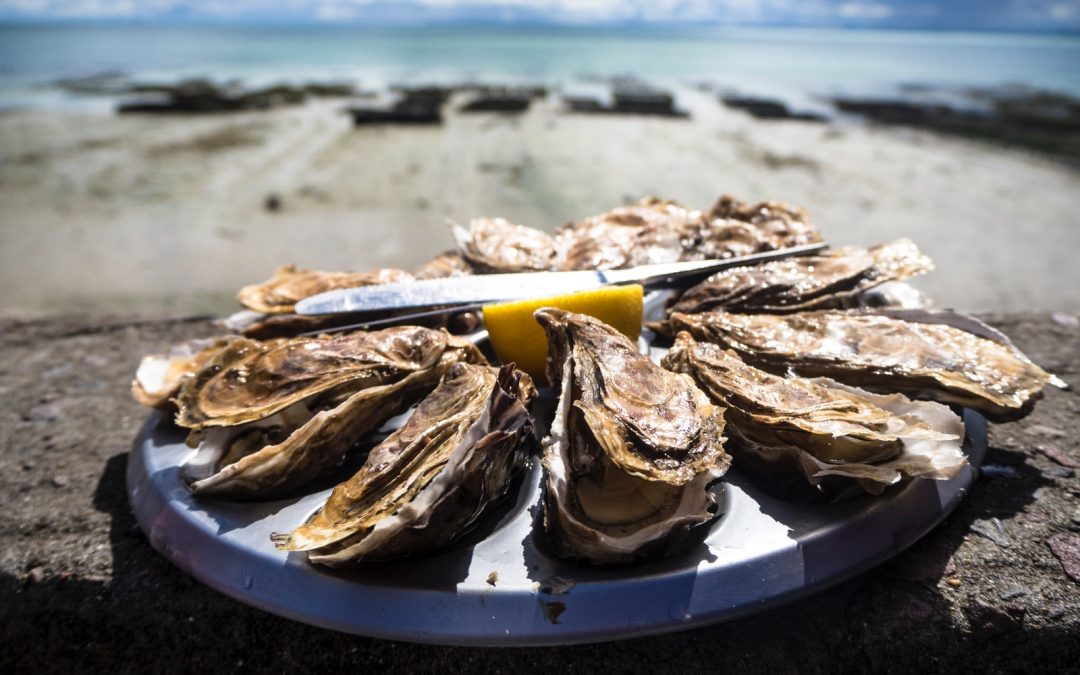The theme for this year’s International Women’s Day was Break the Bias. But I’m not here to talk about biases in the workplace or home, though I do have MANY observations and opinions on the subject. That is a discussion for another day.
Today I am combing through my own biases toward drinking. A funny thing happens when you become consumed with a new reading subject; finding book after book and personal story after personal story. Maybe a lot of you can relate to the rabbit holes that were especially pervasive during the pandemic of 2020 that morphed it to the LONG DARK YEAR of 2021 and then war in 2022. We start looking for answers when we feel restless, trapped, hopeless or alone. Unfortunately the internet is full of answers. Most of these dark, sinister recipes, peppered with only hints of truth.
So instead, I collect stories. A person’s story is powerful in that it is theirs. Their experiences. Their emotions. Their memories. This previous post has a few of my recommendations. The part I love the most about stories is the answers you might find are never: try these 10 things and the world will be your oyster. Which means what anyway? The world will be the shell in which we hide and only peek our heads out if a Walrus and Carpenter show up? If I were to learn anything from Lewis Carroll’s fateful tale, it would be to heed the eldest Oyster:
The eldest Oyster looked at him,
But never a word he said:
The eldest Oyster winked his eye,
And shook his heavy head –
Meaning to say he did not choose
To leave the oyster-bed
Smart, that Oyster. But we’ve totally lost the thread now. Oysters-stories-theLongDarkYearof2021-rabbitholes-ah yes!!! Biases. Biases toward drinking that I have collected, and now uncovered in reading the sobriety journeys of others. You and I have come on a journey already in this post, so I think it’s only fair to add a content warning: the following contains some of the surprising truths about the poison that is alcohol (and yes I have citations), so if you’re reading and holding a glass of such poison, you may begin to feel that darn uncomfortable cognitive dissonance. These were “aha” moments for me. But that’s only because I had begun to see alcohol as literally threatening my one and precious life. You may still find that glass of wine after supper totally and completely relaxing. You may even be able to stop at just one. It was no longer that way for me, so this list really solidified my decision to abstain. Read on at your own peril.
Alcohol Bias 1: anything in moderation is healthy.
Truth 1: alcohol is an addictive substance. And has been linked to increased rates of cancer, most notably breast cancer in women. We all know the determinist affects of cigarettes. They even print them on the box now! Interesting that we don’t get the same warnings on a bottle that is 12.5% ethanol. Worldwide, 3 million deaths every year result from harmful use of alcohol = 5.3% of all deaths. This one really got me: in the age group 20-39 years, approximately 13.5% of the total deaths are alcohol-attributable. Yes, it’s true that you or your kids may be lucky enough to NOT be one of these statistics. But if you drink, you may have noticed over the years that you have a higher tolerance than you once did. That’s addiction. The more of a toxin we consume, the more we need to get the same affect. It happens slowly enough that you usually don’t notice it. A few decades ago, three glasses of wine would put me out on my face. At my fairly recent worst, when I was first starting to admit I might have a problem, I was finishing a bottle alone and then looking for another. The true bias here is the word moderation. At some point, moderation becomes impossible.
Alcohol Bias 2: a glass of wine or a beer makes social interactions easier.
Truth 2: a glass lowers your inhibitions, and a second begins to dull your senses. If you can manage to have just one, this may be the thing for you, but if you’ve ever been the one person in a party of people who have not stopped at just one, you probably also noticed you were soon not on the same wavelength. Alcohol not only makes us visibly dumber, it is also changing your brain structure and function. I think we confuse loosened tongues with connection. Listen to a few drunks become best friends at the corner of the bar and you’ll know they’re not connecting, if they remember at all. Real connection, is hearing and seeing each other. Drinking dulls this. Don’t believe me? Try filming yourself next time you go out to drink with some friends. Or try filming yourself while drinking at home and then give a talk on your favourite subject and play it back sober (like Annie Grace did). Sound terrifying? Maybe that’s all you need to know.
Alcohol Bias 3: you can’t have the same amount of fun sober.
Truth 3: you can actually have more fun. This truth is a personal one for me, as I’ve linked together both social outings and enjoyable nights in with alcohol for so long, I wasn’t sure what to do with my time without a drink. Even typing this seems ridiculous logically, but they really have been connected for so long that I literally connect fun with booze in my mind. See: dinner with friends, travelling (airport, airplane, pub for lunch, first night in the new location, picnic in a lovely Parisian park, etc…) and the hardest one of all: the lake! Oh how I loved cracking my first beer upon arrival in the blessed air and sun, or next to the cozy fire in the ice-fishing shack. But here’s the kicker: in all those instances, reaching for the glass was more habit than anything. And the habit, mixed with the addiction, made those things I enjoyed duller. See Truth 2. Chronic exposure to alcohol changes the way your brain enjoys life. And by not mixing the things I love with the ever-present-poison, I’ve had the wild and utterly unprecedented experience of enjoying a sunrise the next day – without a hangover. Or enjoying my kids the next day, without the need of Tylenol and Gatorade. Enjoying my one and precious life, unmedicated.
These are just three that were eye opening to me. They’re hard to talk about, because alcohol is really pervasive and widely accepted in our society. It’s an interesting thought, to assume a highly addictive toxic substance is “just a problem for some people” or to be shocked when others around us choose not to consume it. It might just be, as I’ve heard recently: the one drug we have to justify NOT taking.

